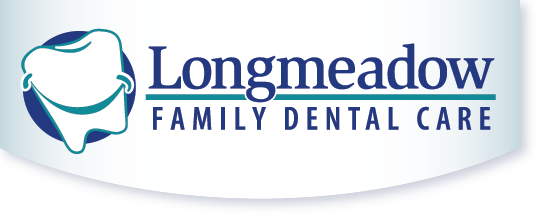Should I Replace my Missing Tooth?
If you’ve lost a tooth, it can be a bit scary wondering what your options may be. But one thing is for certain. If you don’t replace it, you may eventually experience some potentially serious physical consequences.

Having a missing tooth can lead to long-term problems inside and outside your mouth. For example, over time, the teeth next to the missing tooth may shift toward each other in an attempt to fill in the gap. This leads to a condition called malocclusion, which means the teeth are not aligned properly.
Malocclusion can cause serious problems like an overbite or crossbite that results in extra strain on the jaw, difficulty chewing, and even an increased risk for tooth decay. The treatment for this larger issue is braces or even surgery, which will likely end up being more expensive than a single tooth replacement would be.
And an increase in tooth decay could also lead to problems with other teeth. A missing tooth could result in not chewing your food properly or favoring the area by using other teeth around it too much or not chewing your food appropriately.
Not chewing your food properly can lead to digestive issues like acid reflux and malnutrition from nutrients not being absorbed properly in the digestive tract. In fact, even missing molars can result in problems. While it may seem like a back molar hidden from view does not need to be replaced, those teeth are essential for proper chewing and digestion.
Other issues from missing teeth can also include bone loss along the jawline, which leads to a sagging appearance around the mouth. Since the bone tissue no longer receives support from the tooth, it can weaken over time. That’s why sagging faces are common among people who wear dentures.
The best course of action to make sure you have a healthy smile is to visit the professionals at Longmeadow Family Dental Care. We can help review your options and determine the best choice for you. Make an appointment today.

